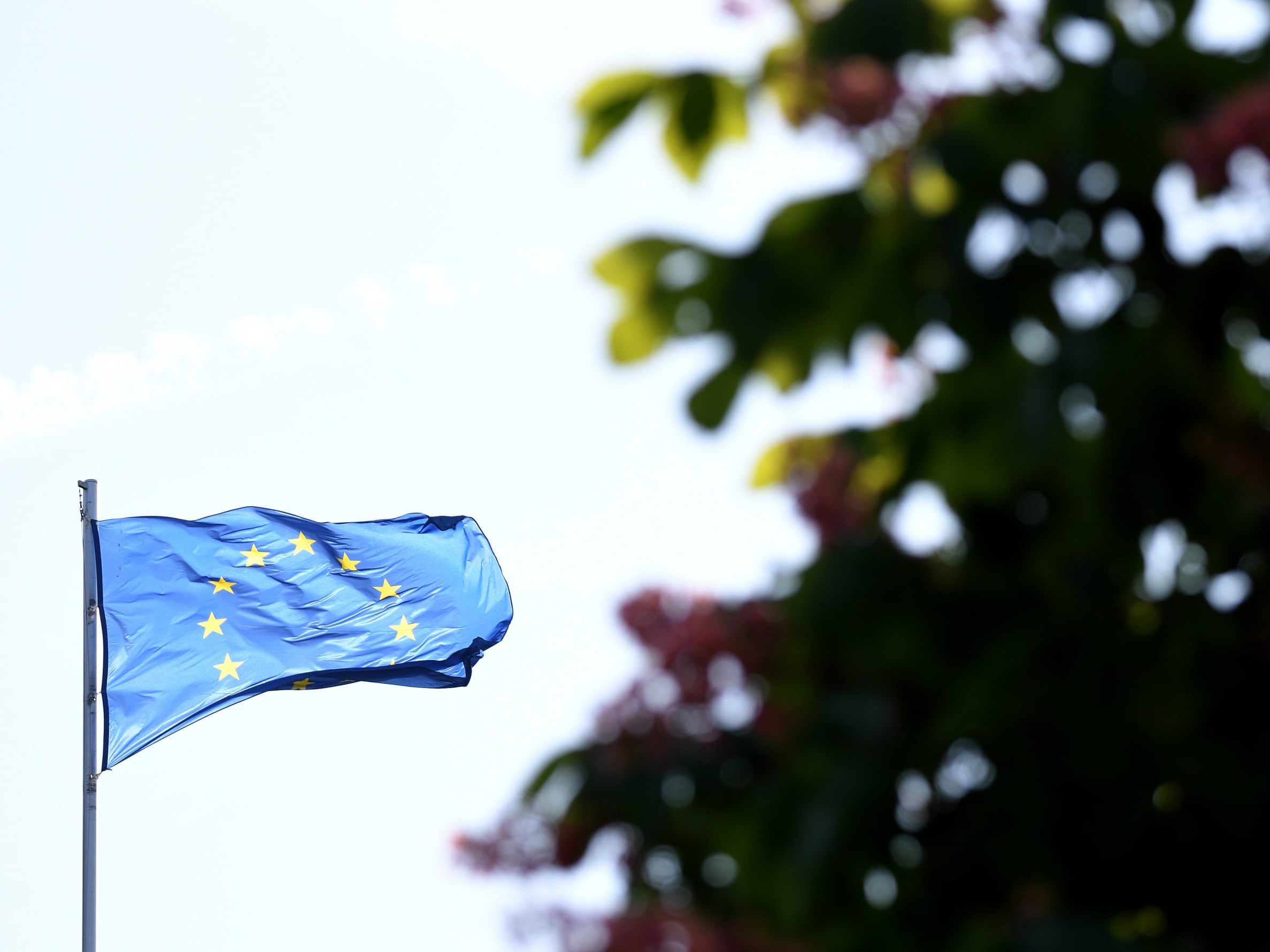```html
Are New Waves of Refugees Expected in Europe?
```

If the Kurds in Syria cannot maintain or transform their autonomous self-administration area (AANES, Rojava) in the new Syria, a collapse is to be expected, warned Middle East expert Walter Posch.
Future New Refugee Flows?
"With regard to Syria, it remains to be seen to what extent AANES/Rojava can maintain its structures or transform them in some form in the new Syria. If this is not the case, a collapse is to be expected, which will inevitably lead to further refugee flows to Europe, joined by experienced fighters and cadres," wrote Posch in the "IFK-Monitor" published on Thursday by the Institute for Peacekeeping and Conflict Management of the National Defense Academy Vienna.
Posch pointed out that the commander of the Syrian Democratic Forces (SDF), Mazlum Abdi, supported Öcalan's declaration at the end of February. However, Abdi said it had nothing to do with the Syrian Kurds because they were organized independently of the PKK. The situation of the Kurds significantly worsened when the Islamist "Liberation Movement for Syria" (HTS) took power in Syria at the end of 2024, Posch explained. The new government maintains close relations with Ankara and rejects any form of Kurdish self-administration.
What is the PKK's European Organization Doing?
The PKK's European organization also deserves greater attention, Posch suggested. The European organization (KCDK-E) based in Brussels is responsible for the financing (fundraising or revolutionary tax) of the entire organization, media appearances, coordination of activities, and contacts with politics and authorities. "Öcalan's renunciation of armed struggle and central Kurdish demands such as cultural rights must shake the professional cadres and sympathizers." The question now arises as to how the European organization will react, "whose core elements work conspiratorially, for example by conducting enemy reconnaissance and ensuring the transfer of cadres and fighters," Posch said.
The dissolution of the PKK, classified as a terrorist organization in the EU, affects in Europe "exclusively the structure of the professional cadres and their militant structures, but not the rich Kurdish association system," which has been advocating for the Kurdish people in a peaceful and democratic manner for decades, Posch emphasized. "Separating these two elements is in the interest of both the European states and the European Kurds alike."
(APA/Red)
This article has been automatically translated, read the original article here.





